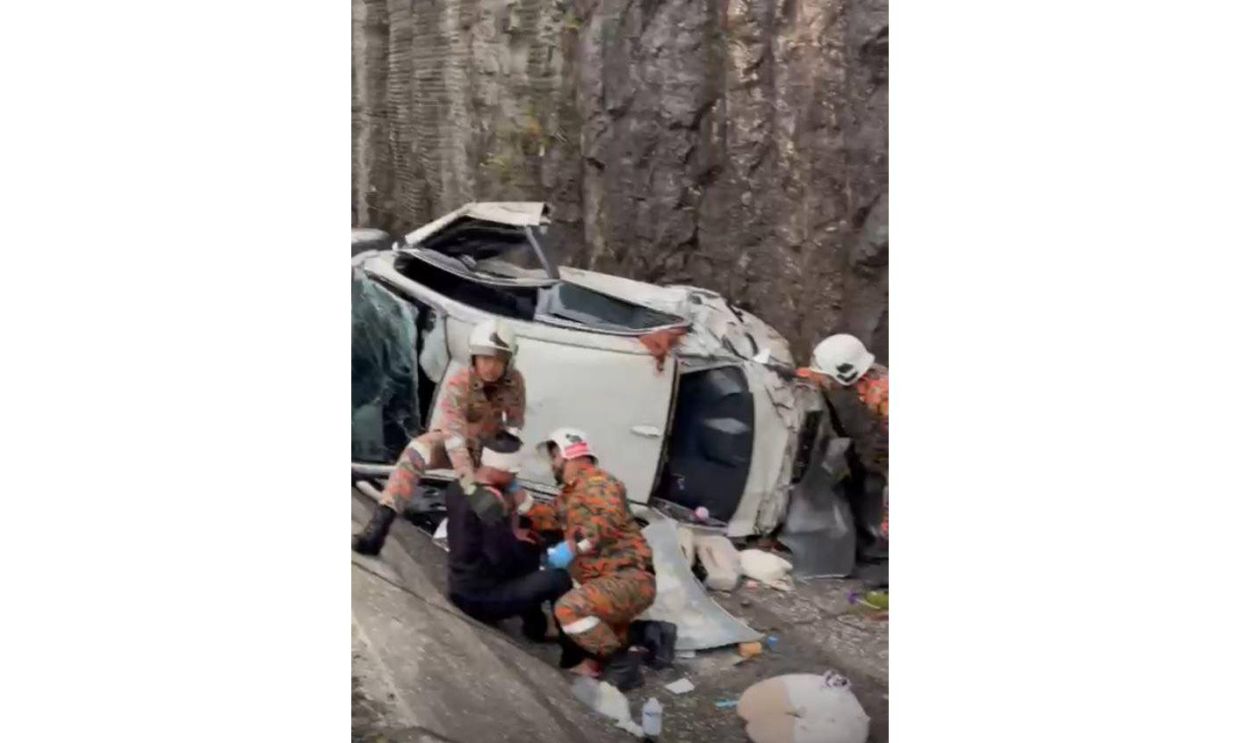WASHINGTON: The nominee to be the next US ambassador to Malaysia said on Tuesday he saw the potential for the United States to expand cooperation with the South-East Asian country in diversifying supply chains for rare earths and other critical minerals.
Edgard Kagan, a career diplomat who is currently the senior official for East Asia at the White House National Security Council, told his Senate confirmation hearing that developing new sources for critical minerals to ensure reliable supply chains was a very high priority for the Biden administration.
"The importance of working on these arrangements with countries where we have good relationships ... is absolutely critical," he said, adding: "I think that we have real potential to do that in countries like Malaysia."
"I would want to work closely with the American private sector, with different parts of the US government, and with the Malaysian government to ensure that we're able to continue expanding the areas of cooperation in this, support development of resources," he said.
Kagan said this would be done in partnership with Malaysia "in ways that are sustainable and promote our values," but did not elaborate on exactly what form the cooperation might take.
He was responding to a question from US Senator Chris Van Hollen, who described Malaysia as being home to the largest rare-earths processing plant outside of China.
Van Hollen said recent reports showed Malaysia was also home to deposits of strategic and critical minerals including tin.
China is the dominant global producer of rare earths needed to fuel the green revolution of electric cars and wind turbines as well as defence applications such as missile production. The United States and its allies have been seeking to diversify sources of supply amid mounting strategic competition with Beijing.
Australia's Lynas Rare Earths Ltd has a facility in Malaysia that it describes as one of the largest and most modern rare earths separation plants in the world.
Malaysia's government has raised concerns about radiation levels from the process of cracking and leaching at the plant, but agreed last month to extend its operating licence to import and process rare earths until Jan 1 next year. - Reuters
(Reporting by David Brunnstrom; editing by Edward Tobin)










































